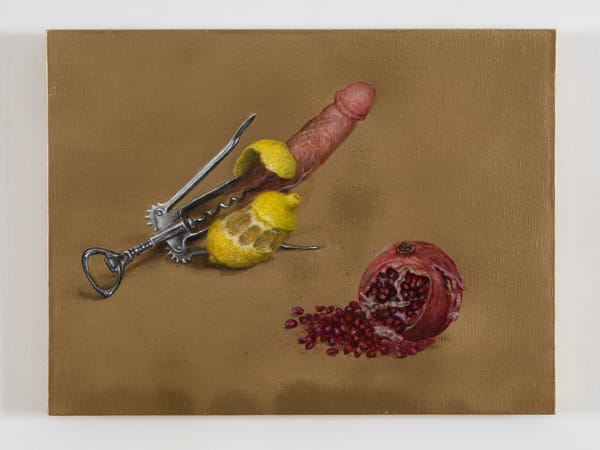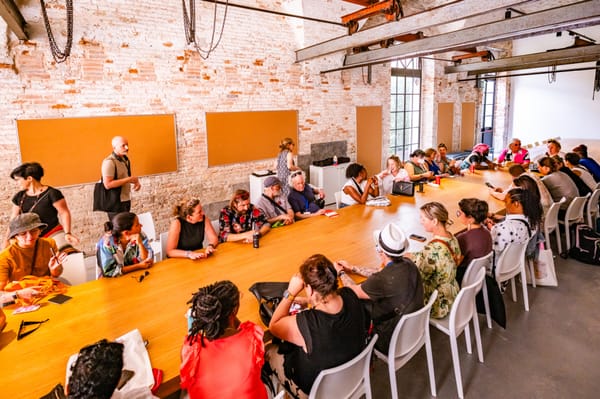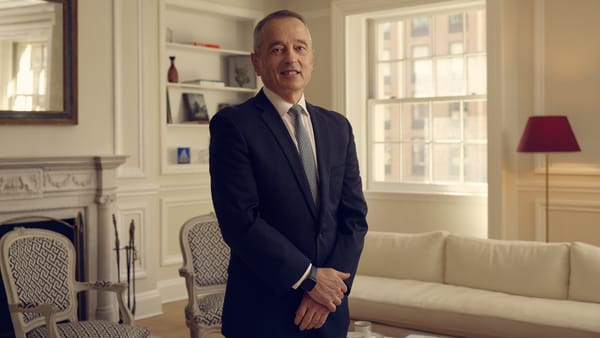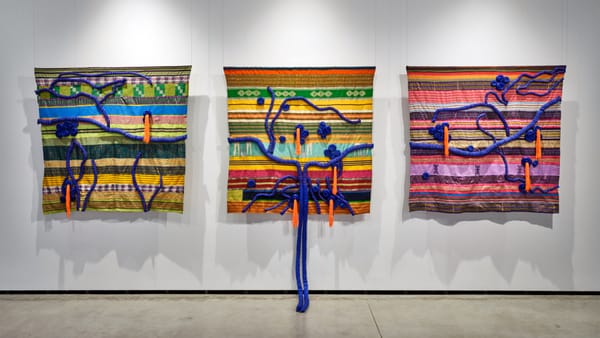A Project Honoring Victims of Police Violence Is Going Cross-Country
The new phase of the 1-800 Happy Birthday art initiative aims to raise national awareness about the "epidemic of state violence."
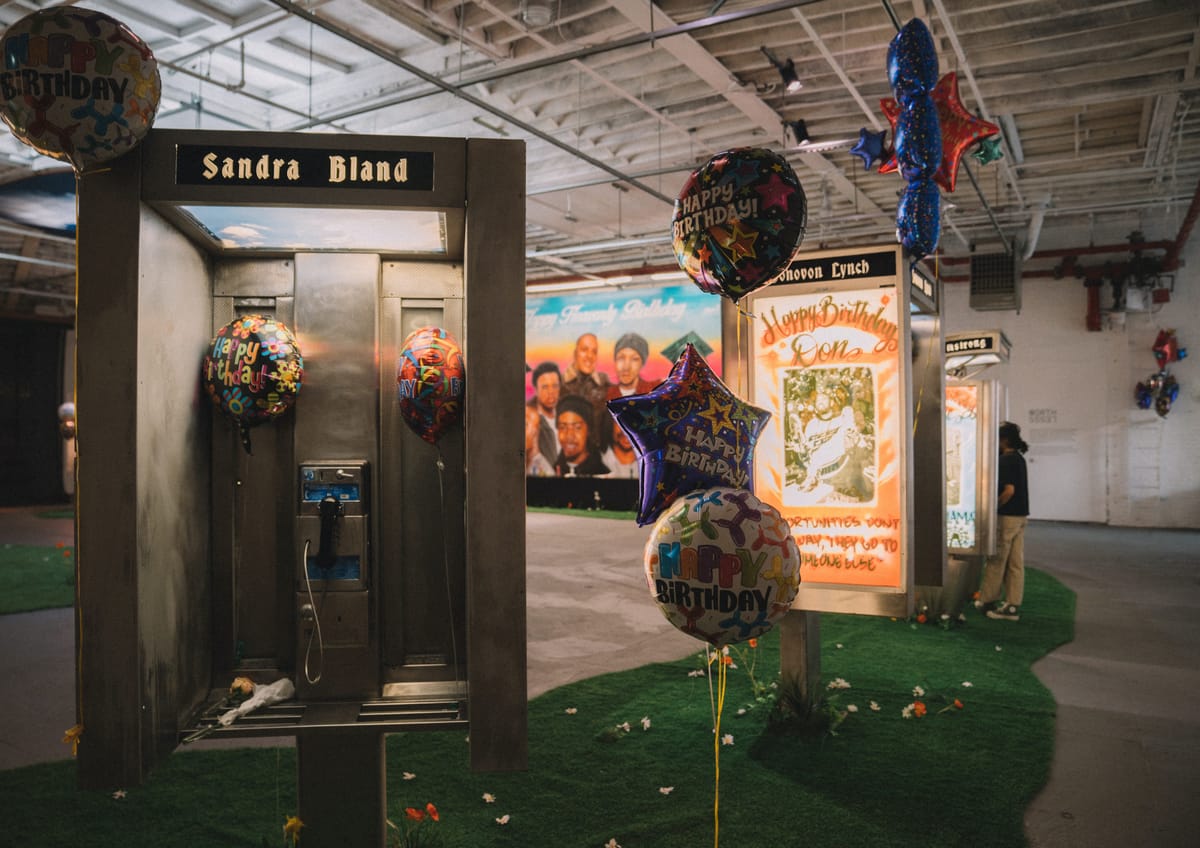
In 2022, the Brooklyn-based arts nonprofit WORTHLESSSTUDIOS hosted 1-800 Happy Birthday, a posthumous tribute to 12 Black and Brown individuals killed by police. Created by San Francisco-based artist Mohammad Gorjestani, the project initially began in 2020 as a voicemail initiative that allowed people to leave and listen to messages for the victims on their birthdays. Two years later, it became a large-scale interactive display that ran for four months in a warehouse on the border of East Williamsburg and Bushwick. The exhibition raised $12,000 in funds for the families of the exhibition’s “celebrants": Dujuan Armstrong, Sandra Bland, Philando Castile, Stephon Clark, Fred Cox, Eric Garner, Oscar Grant, Xzavier Hill, Donovon Lynch, Sean Monterrosa, Tony “Terrell” Robinson Jr., and Mario Woods.
Now, WORTHLESSSTUDIOS and Gorjestani's film production company Even/Odd have partnered with the public safety advocacy organization Campaign Zero for another iteration of 1-800 Happy Birthday on a national scale, slated to open in 2025. Working alongside Gorjestani and the celebrants’ families, the project's new fellow BJ McBride, an Oakland-based producer who co-founded the BE-Imaginative artist collective, will bring the stories of Armstrong, Bland, Castile, Clark, Cox, Garner, Grant, Hill, Lynch, Monterrosa, Robinson, and Woods to venues across the country.
"I remember exactly where I was when it happened," McBride told Hyperallergic about his memories of the 2015 police killing of Woods, who was 26 years-old at the time.
"I had taken that same route to my job in the financial district in San Francisco that morning," McBride said, recalling that it wasn't until lunchtime that he saw the news of Woods's death on social media.
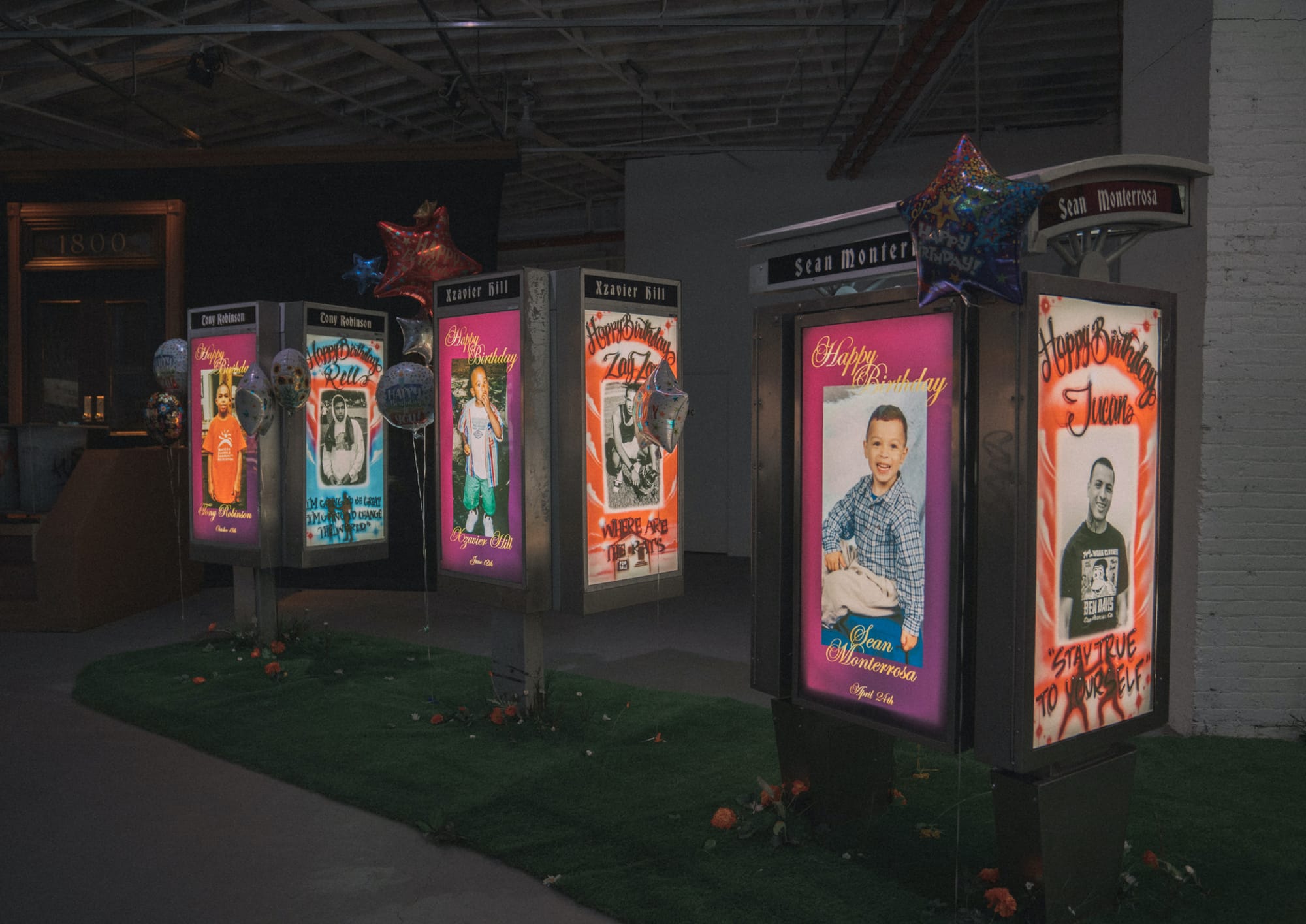
In the aftermath of Woods's police murder, McBride joined his peers in the protests against police violence and systemic racism, and he remembered wondering what would happen once the news cycle changed and public backlash dwindled. Now, he hopes to bring 1-800 Happy Birthday back to his home on the West Coast, especially given the region's own civil rights history and enduring police violence that continues to shape its communities today.
"The reality of this is that the police violence is still here," McBride said. "It's not in the news cycle as much as it was [a few years ago,] but that doesn't take away from the reality that it's still something that our country needs to address."
In addition to expanding the project to other areas of the country, Gorjestani told Hyperallergic that he is interested in facilitating the eventual return of the phone booths to the celebrants’ communities.
"Phone booths were permanent structures in public space, so it would be nice to continue that," Gorjestani said, adding that the team has figured out how to power the booths with solar energy so they can be installed both indoors and outdoors.
They are also open to potentially finding a permanent home for the installation, if given the opportunity.
“The whole concept of this project is to use art to inspire people to contemplate and investigate their own feelings and emotions about this epidemic of state violence," he said.


